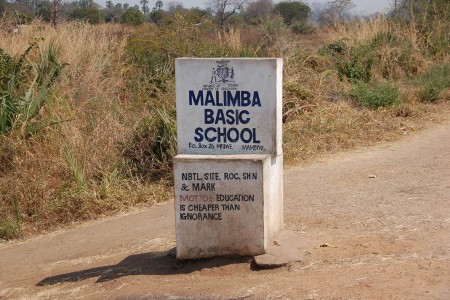Sonora Is Latest Mexican State to Integrate Laptops into Children’s Learning.
MIAMI, Feb. 21, 2012 – One Laptop per Child (OLPC), a nonprofit organization whose mission is to provide every child in the world access to new channels of learning, sharing and self-expression, announced today that the State of Sonora, Mexico, is distributing 5,000 XO laptops to elementary school children. Adoption of the OLPC program is part of the State’s larger plan to extend Internet connectivity to all its citizens. In accordance with the UN’s declaration of Internet access as a basic human right, Sonora is the first state in Mexico to establish connectivity as a human right in its Constitution.
The OLPC project in Sonora will be implemented by Nueva Generación Sonora A.C. (New Sonora Generation), a nonprofit organization whose goal is to provide every child in the State access to the knowledge economy through strategic use of information and communication technologies and programs.Â
During the next three years, 350,000 XO laptops will saturate all elementary schools in Sonora. In addition, XO laptops will be implemented in more than 100 community centers that will offer connectivity and technical and pedagogical support to students and teachers and for local projects to benefit their communities. The OLPC project has the full support of Governor Guillermo Padres and the mayors of Sonora, as well as the Social Development Secretariat (SEDESOL) of the Federal Government.
“Improving children’s education is a key goal for my administration,†said Governor Guillermo Padres of the State of Sonora. “Society and government must work together to support projects that will ensure a better future for all our citizens. Education is everyone’s responsibility.â€
Sonora is the latest Mexican state to launch an OLPC program. In September 2010, 500 XO laptops, funded by Procter & Gamble, were distributed to indigenous children in San Felipe del Progreso, State of Mexico.
In August 2011, the General Department of Indigenous Education of the Ministry of Education distributed 1,800 XO’s to remote schools in the State of Nayarit in Western Mexico. As part of this project, the Sugar learning environment is being translated into several indigenous languages – Huichol, Cora and Mexicanero.
1,900 XOs are also in the process of being distributed to children in the State of San Luis Potosi in North-Central Mexico. For this region, Sugar has being translated into Teenek.
“Our progress in Mexico is based on partnerships between the public and private sector,†said Rodrigo Arboleda, Chairman and CEO of the One Laptop per Child Association. “Mexico is a very diverse country and we are focused on projects that bring learning to all children, including those who speak indigenous languages.â€
###
About One Laptop per Child
One Laptop per Child (OLPC at http://www.laptop.org) is a non-profit organization whose mission is to provide every child in the world access to new channels of learning, sharing and self-expression. In partnership with the public and private sectors and non-governmental organizations and supported by comprehensive implementation and pedagogical services, OLPC seeks to provide each child with a rugged, low-cost, low-power connected laptop that empowers individual learning and growth.
Media Contacts
Giulia D’Amico
giulia@laptop.org
305-877-5504
Jackie Lustig
Jackie.a.lustig@gmail.com
978-460-2236

